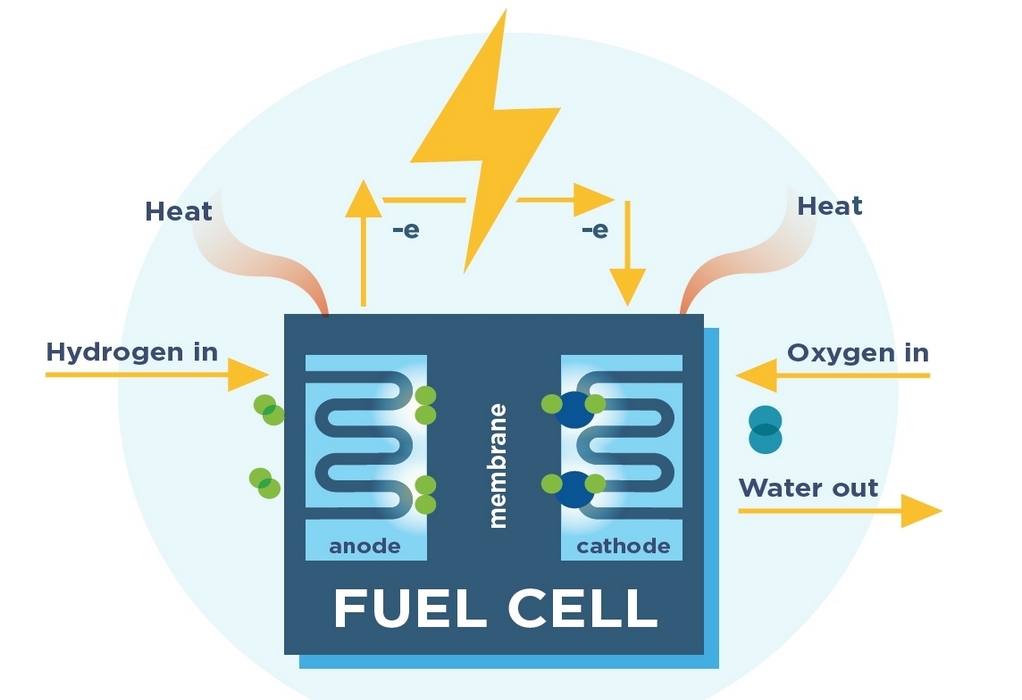Hanwha Aerospace’s Moon Seung-hak, Head of Business Division, and Kim Dae-heon, Head of Research Division at the Korean Register of Shipping, attended a significant certification ceremony for the Approval in Principle (AIP) of hydrogen fuel cells for ships. The event took place at Hanwh
Hanwha Aerospace has achieved a significant milestone in the maritime industry by obtaining Approval In Principle (AIP) certification for its hydrogen fuel cells for ships from the Korean Register of Shipping.
The announcement was made on June 3, following a certification ceremony held on May 30 at the Pangyo R&D Center. The event was attended by key figures, including Moon Seung-hak, head of Hanwha Aerospace’s Electric Propulsion System Division, and Kim Dae-heon, head of the Korean Register of Shipping’s Research Division.
AIP is a crucial certification procedure that verifies the stability of technology application and compliance with international regulations from the basic design stage when manufacturing ships and materials with new technology.
This certification ensures that the technology is feasible and safe for further development and implementation. With the acquisition of AIP certification, Hanwha Aerospace has certified the stability of its hydrogen fuel cells, which are based on polymer electrolyte membrane fuel cells (PEMFC).
Tags: Fuel Cells, Hanwha Aerospace, Hydrogen



Recent Posts
TSUNEISHI Launches World’s First Methanol Dual-Fuel KAMSARMAX Bulk Carrier in the Philippines
Grimaldi Group Launches Ammonia-Ready Car Carrier Grande Shanghai in China
Incat Tasmania to Build Two Battery-Electric Ferries for Denmark’s Molslinjen
YamnaCo Signs MoU with Andhra Pradesh to Develop Large-Scale Green Hydrogen and Ammonia Project
WNTI and NEMO Sign MoU to Advance Nuclear-Powered Shipping and Mobile Nuclear Energy Solutions
TotalEnergies and CMA CGM Form Joint Venture for LNG Bunkering Operations in Rotterdam
Keel laid for Bibby Marine’s first zero-emission eCSOV
New Report Highlights Potential of Voluntary Insetting to Support Maritime Decarbonisation, Calls for Robust Safeguards